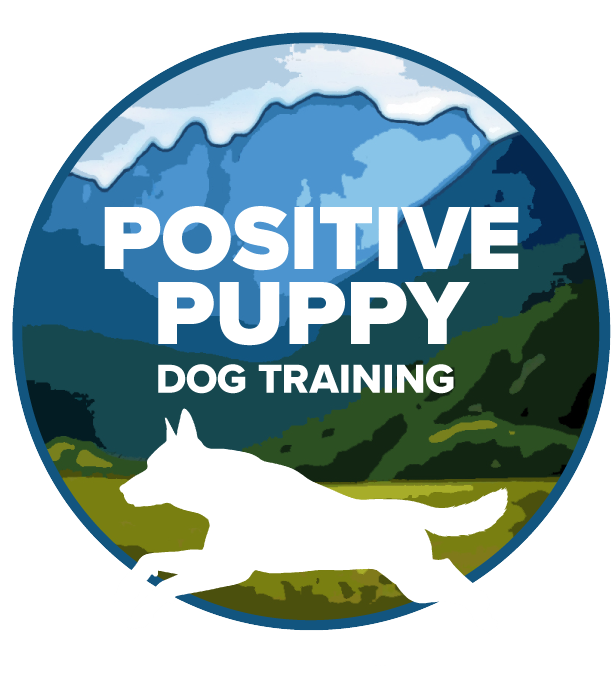Oh Yeah, Baby! My Dog is an Opportunist!
Opportunism is a big word with big consequences, both good and bad! How many times have you called your dog to come to you, he then looks at you and runs off to play with other dogs? At that very moment, your dog thought to himself, “I can either go back to my owner, OR go play with the other dogs! What is the better deal? No brainer! Go play!” Or how about, “No one is watching and there is cheese on the counter! FREE TREAT!”
Think it’s just your dog? It’s everyone’s dog. Usually, younger dogs are more opportunistic than older ones because they haven’t learned the consequences. Also, there are certain stages of development that are even more opportunistic. Between the ages of about 6 months and a year to 18 months, all dogs will try all the opportunities. This is when living with a puppy can become extremely hard. If you have not prepared your puppy ahead of time with strong obedience skills, this age can be overwhelming for most of us to live through.
Where did the opportunism begin? It is a trait inherited from the wolves. Wolf packs do not go after the alpha bull moose unless it is the only meal available. They look for the weakest or youngest, or they will steal another predator’s meal. In fact, it’s the way of nature on almost every level.
When we train our dogs, we must understand that unless you are always the better deal, your dog WILL choose whatever else makes him happier. Part of the trick to training is determining what makes your dog happiest, and what choices he will make. Then, we as the dog trainer (we are all dog trainers if we own a dog) will have to limit the dog’s ability to make the wrong choice, or we must live with the consequences. Those consequences for us can be a lost dog in the woods, a dog hit by a car while chasing a squirrel, or a plethora of other mishaps which can be life threatening or just annoying.
What all this boils down to is; 1.) Be sure to make yourself the better deal for your dog. Be sure you own the best treat or the best toy that your dog loves, and that you control it; and 2.) Be sure you can limit your dogs’ choices so that he is set up for success. It usually means a ballet of positive reinforcement and providing meaningful consequences and limitations. You and your dog cannot have success without them both.
In the real world, every dog knows when he interacts with other dogs, that if he is not respectful, the other dog will provide a consequence such as growling or nipping or the game can end. When he is respectful to your commands, there should be a meaningful paycheck that YOU provide. For dogs to respect us, we must teach them to make the right choices just like Mother Nature would and always make ourselves the better opportunity.
Caption: Will Mariah come to me for food or chase Kalidor for the toy? I know she will choose the toy Kalidor has. She is always MORE interested in toys! So to expect her to “come” for food in this circumstance sets her up to fail. If I run with ANOTHER toy, she will then chase me!

